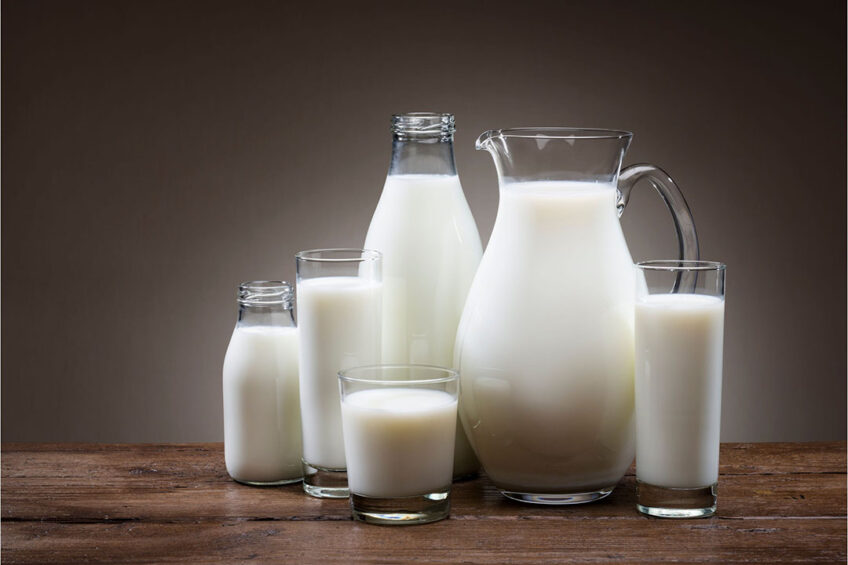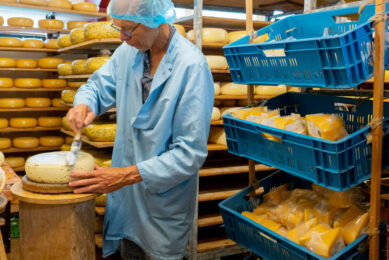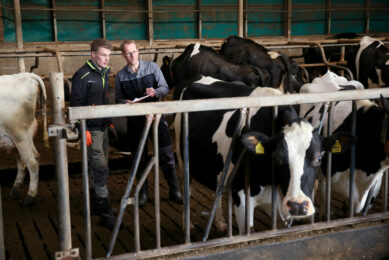Cheap Russian milk raises concerns in Kazakhstan

Milk imports from Russia could hurt dairy farmers in Kazakhstan, said local sources.
Stepan Ten, a dairy market analyst, told local news outlet InBusiness that the smuggling of cheap grain from Russia during the past several months triggered a nearly twofold drop in local prices to 90,000 tenges (US$198) per tonne. Tan expressed concerns that the same process could happen in the milk market.
“Over the past 2 months, the cost of milk in Russia has fallen by 4 roubles (US$0.05) and is now 30-32 roubles (US$0.37 – 0.39), and the exchange rate of the tenge against the rouble has also changed significantly. If the government turns a blind eye to such [raw milk] imports, as it does with grain, then this may cause a collapse of the dairy market in our country,” Ten warned.
A need for tighter control
A turbulence in the milk industry could lead to “uncontrollable consequences”, Ten claimed, explaining that for grain farmers, it is easier to recover after suffering losses.
“I think that the government should think about what will happen if the Russians bring their milk to us,” Ten said, adding that the best idea, in his opinion, is to ‘lock’ the border, ensuring that only officially registered cargo can go through. He explained that smuggling poses the biggest danger to the Kazakh milk industry.
Currently, Russia has a production surplus of around 2 million tonnes per year. The Russian Agricultural Ministry recently unveiled efforts into expanding the export of dairy products in order to ensure the domestic market is in balance.
A systemic factor
Kazakhstan currently imports a third of all dairy products, including milk. Last year, the government rolled out plans to raise the level of self-sufficiency in the sector to 90% by 2025.
Mikhail Mishchenko, director of the Russian think tank, Dairy Intelligence Agency, agreed that cheapening Russian milk could cause some problems for Kazakh farmers. He added that border regions have a surplus of raw milk, and its export to Kazakhstan is picking up the pace.
“This will put serious pressure on raw milk producers in the country [Kazakhstan]. It must be clearly understood that the decline in the cost of milk in Russia is a systemic problem; it is not seasonal price volatility. This is a systemic problem related to overproduction. Low prices will be as long as the rouble weakens. The rouble weakens, and Russian goods become cheaper. And this will happen as long as more milk is produced than consumed,” Mishenko said.
Join 13,000+ subscribers
Subscribe to our newsletter to stay updated about all the need-to-know content in the dairy sector, two times a week.










